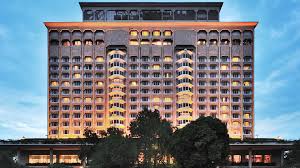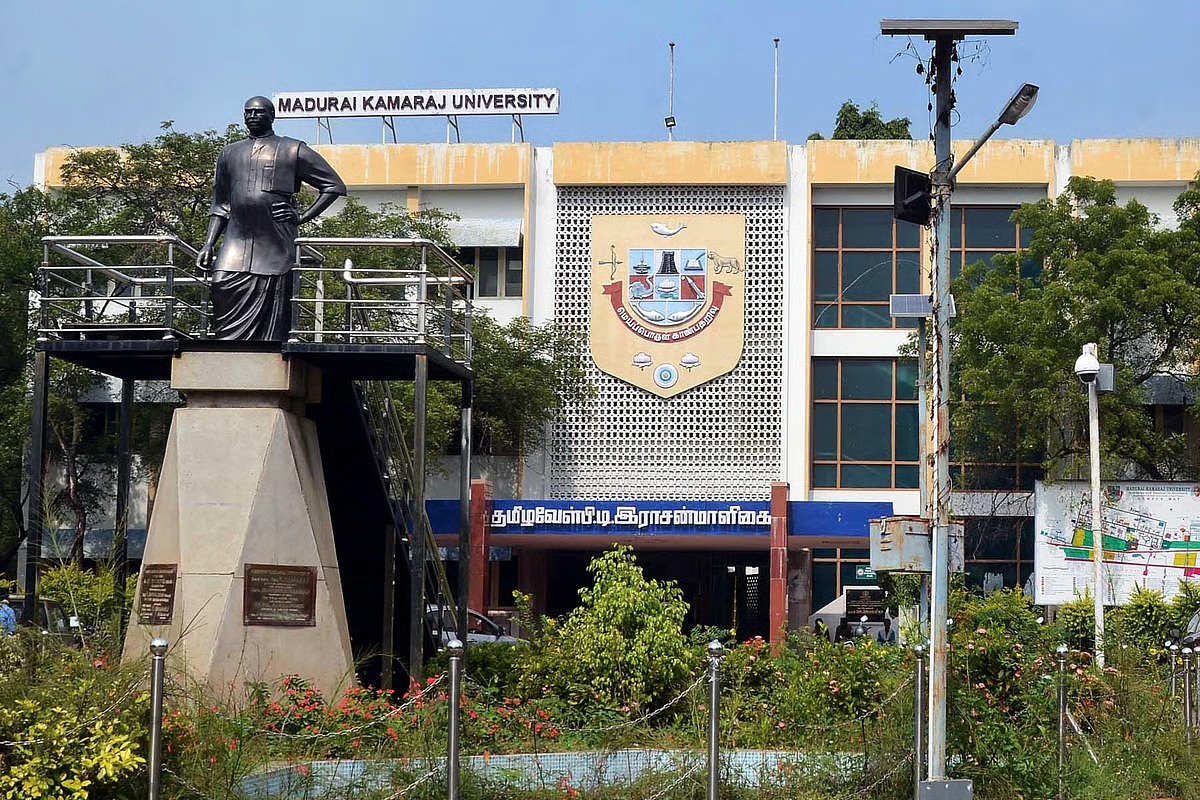Subhro Kamal Mukherjee, J.@mdashThis is an application under Article 226 of the Constitution of India against the orders dated December 21, 2005 passed by the Central Administrative Tribunal, Calcutta Bench, Circuit Bench at Port Blair.
2. The writ petitioners, by filing an application u/s 19 of the Administrative Tribunals Act, 1985, challenged the selection process in the posts of Inspectors and Sub-Inspectors of Co-operative Societies. The said application was registered as O.A. No. 67/AN/2002.
3. Before the judgment could be pronounced in the said case, the petitioners filed an application for withdrawal of the said application u/s 19 of the Administrative Tribunals Act, 1985. It was contended that all the petitioners were not interested to proceed with the said application as by efflux of time they have got their own sources of income. The said application was registered as MA No. 29/AN/2005.
4. The Tribunal, however, by the order impugned, rejected such application as the hearing of the main application was concluded and order was reserved. After rejection of the application, the Tribunal allowed the application u/s 19 of the Administrative Tribunals Act, 1985 and set aside the selection process so far as the Sub-Inspectors of Co-operative Societies were concerned.
5. Being aggrieved, the petitioners have come up with this application.
6. We have perused the application for withdrawal. The petitioners wanted to withdraw and abandon their ciaims without permission to file fresh application on the same subject-matter.
7. In
8. The Supreme Court of India in the case of
9. The principle of withdrawal from or abandonment of the proceedings is based on the maxim invito beneficial non datur meaning that a benefit is not conferred on one, who is unwilling to receive it; that is to say, no one can be compelled to accept a benefit. Every man may renounce a benefit or waive a privilege, which the law has conferred upon him. Law confers upon a man no right or benefit, which he does not desire. Second proceeding after withdrawal or abandonment of first proceeding is barred, not because of the principles of the res judicata, as there has been no adjudication, but because, whoever waives, abandons or disclaims a right, will lose it.
10. The reliance placed by the Tribunal in the case of
11. In this case, the judgment was not pronounced in the matter. Before the Tribunal could pronounce the judgment, the petitioners unconditionally prayed for leave to withdraw the proceeding. The Tribunal had no discretion left in the matter; the Tribunal had no option, but to allow such prayer.
12. Therefore, the order impugned dated December 21, 2005 passed by the Central Administrative Tribunal, rejecting the application for withdrawal, are not based on the proper legal tests. The order impugned is set aside. The application for withdrawal is, thus, allowed. The order of the Tribunal dated December 21, 2005 allowing the application u/s 19 is also set aside. The, application u/s 19 of the Administrative Tribunals Act, 1985, which was registered as O.A. No.67/AN/2002, is dismissed.
13. This application is, thus, allowed.
14. We make no order as to costs.
Arun Kumar Bhattacharya, J.
I agree.

